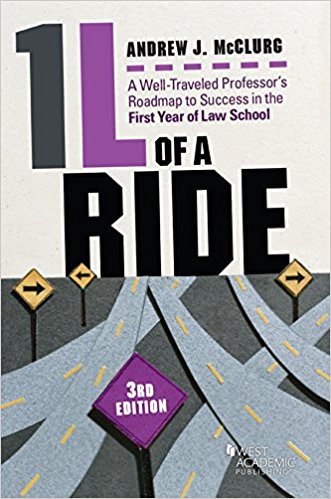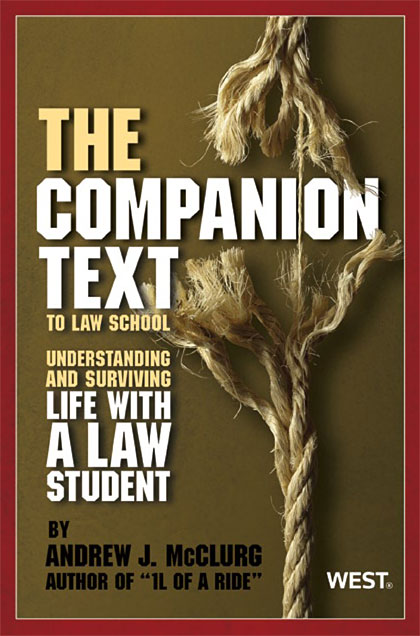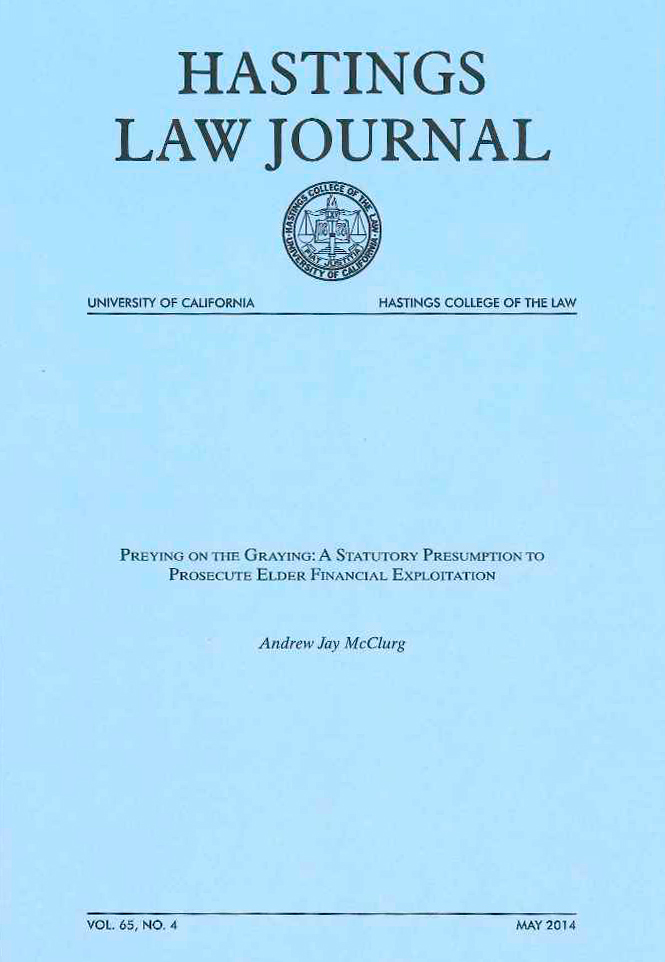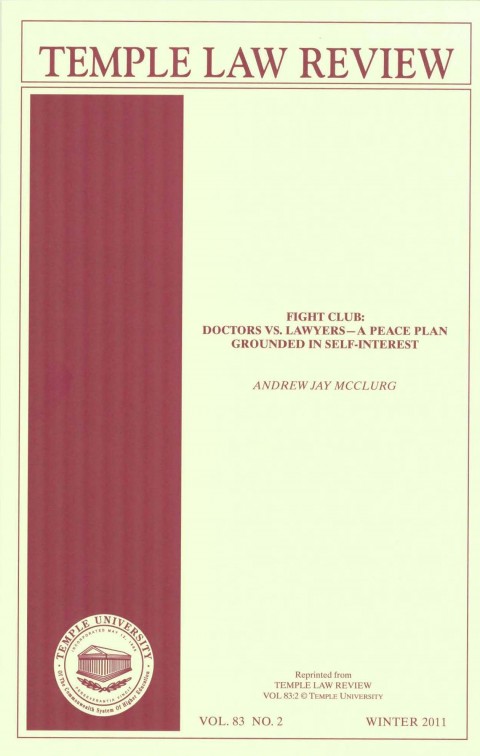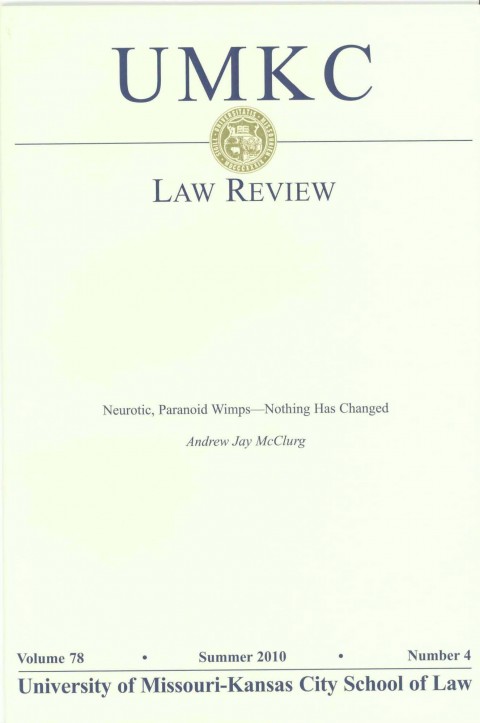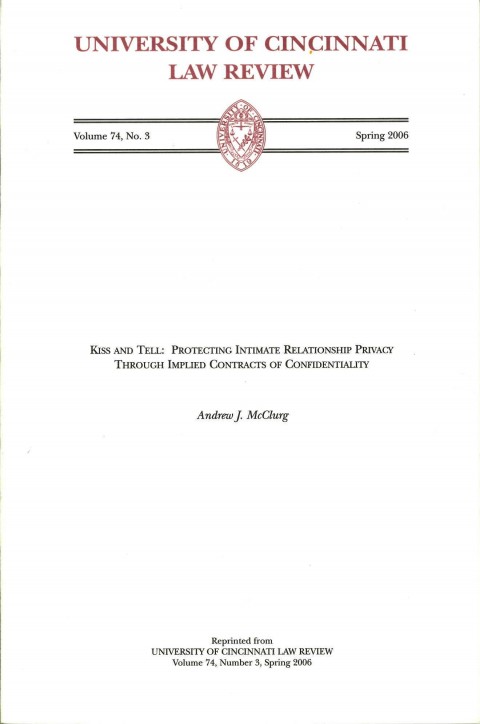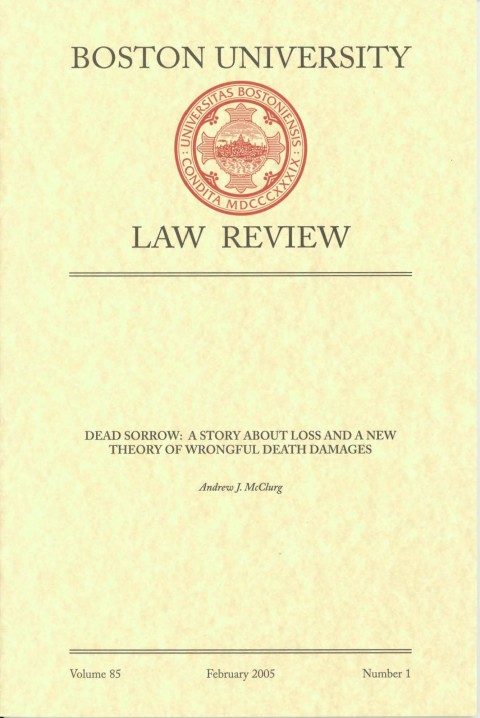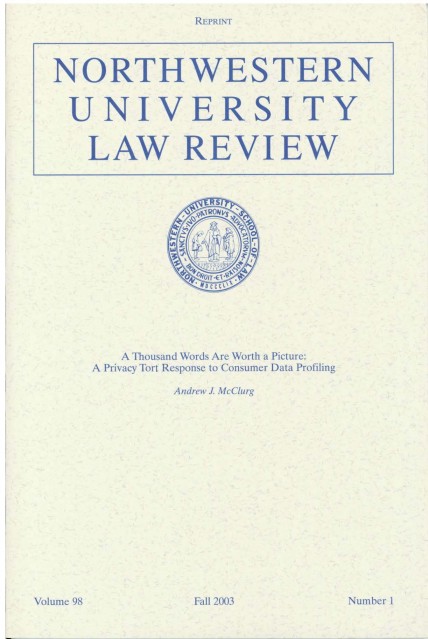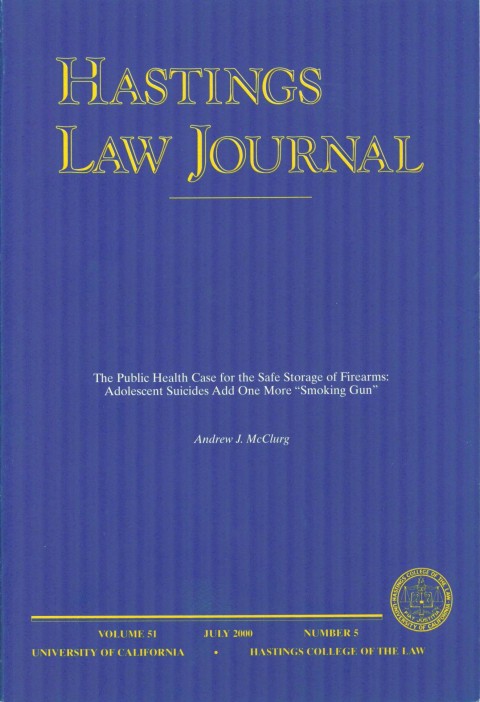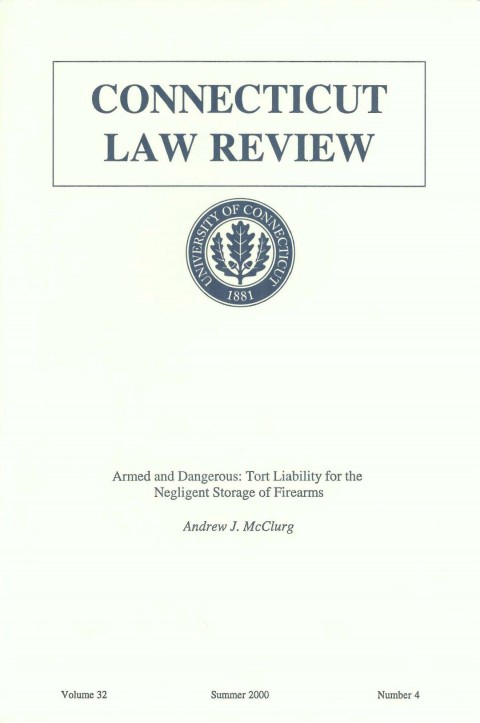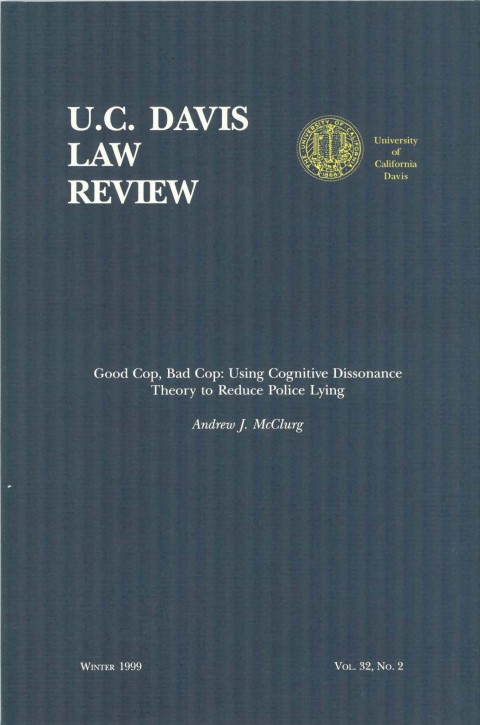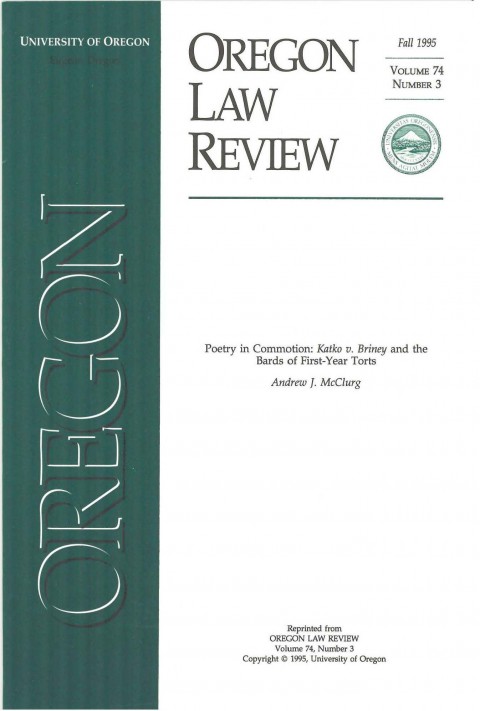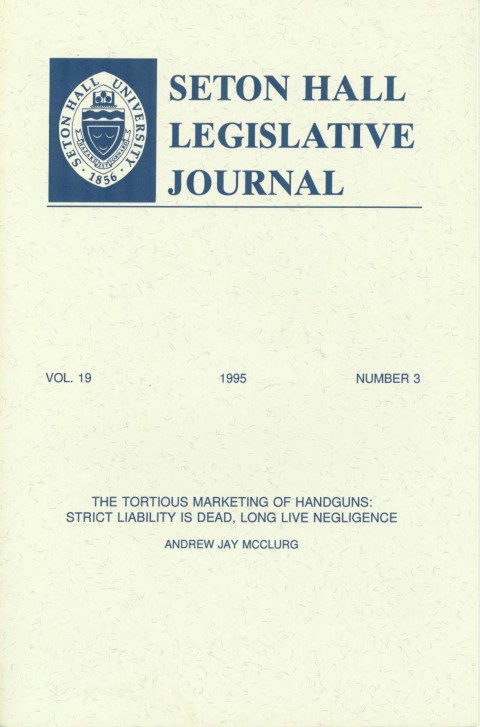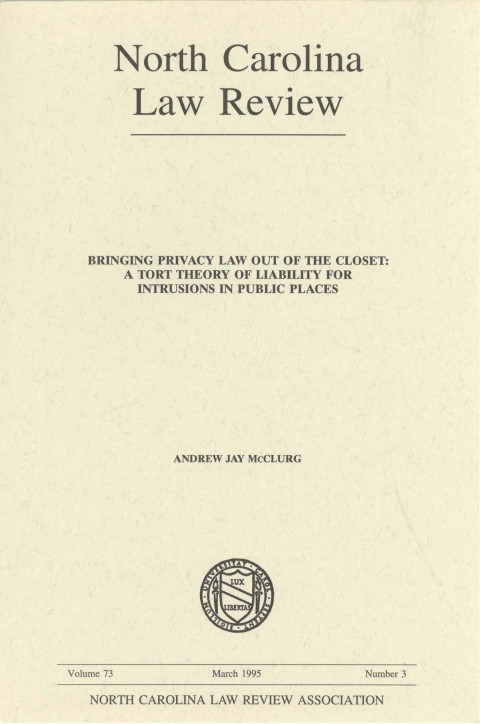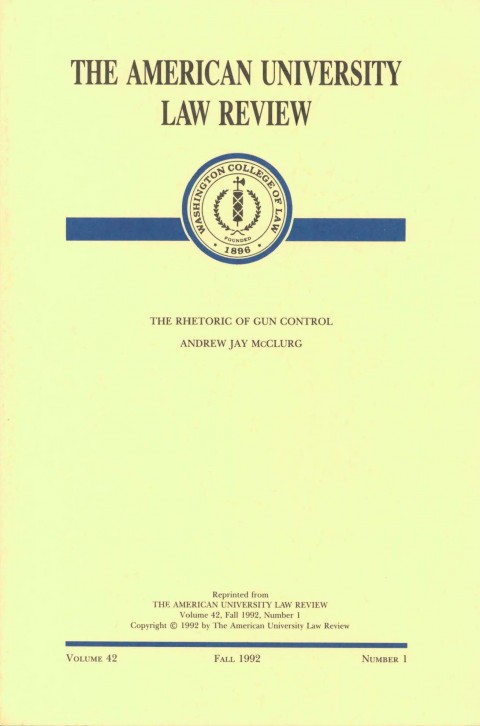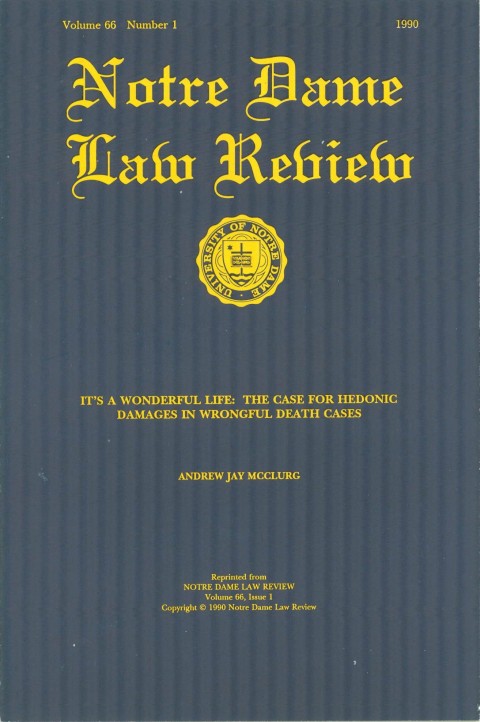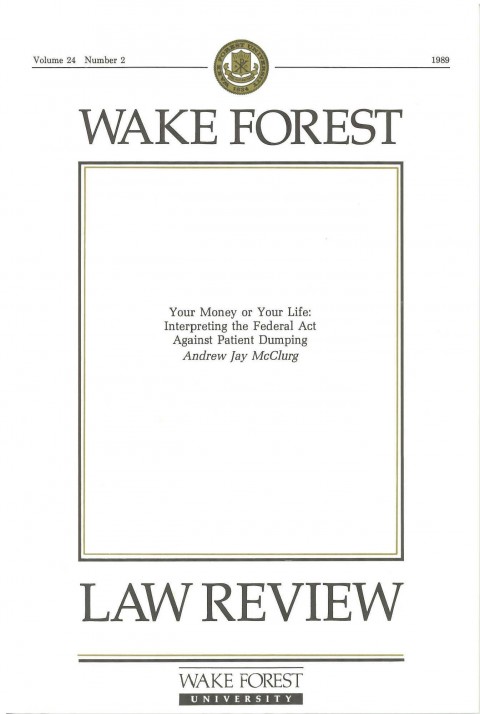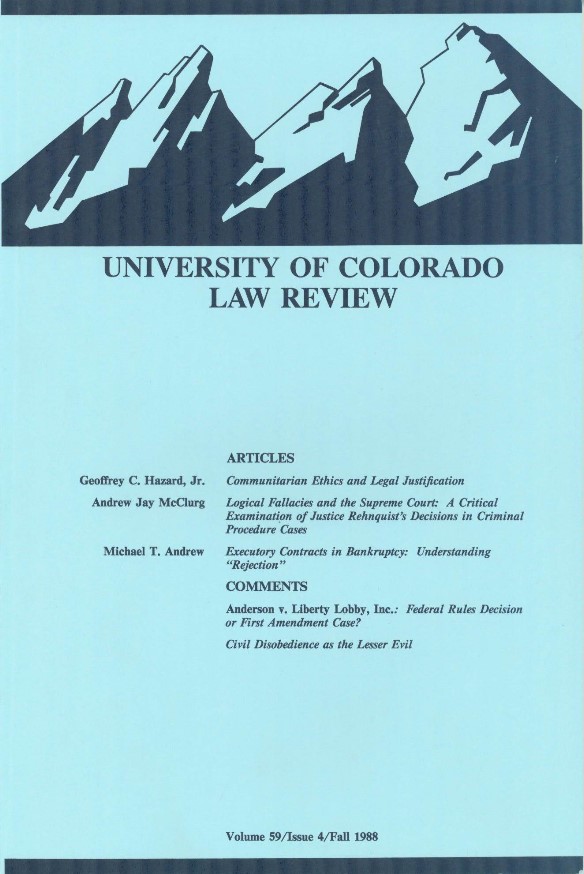February 18th, 2012 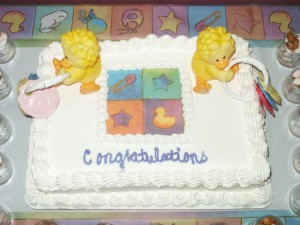 Congratulations to the new parents. The Court so orders. In a Kansas federal district court, the defendants’ lawyer asked for a trial continuance because it conflicted with the date on which his wife was having a baby.
The plaintiffs’ lawyers opposed the continuance, which “surprised” the judge. “Irritated” is probably more accurate. Judge Eric Melgren not only granted the motion for continuance, but chastised the objecting lawyers while ordering that the new parents be congratulated:
Defendants seek a brief continuance, noting that one of their counsel …, along with his wife, is expecting their first child due on July 3. Given the proposed length of trial and the famous disregard that newborns (especially first-borns) have for such schedules, and given that the trial is scheduled in Kansas City while the new [baby’s] arrival is scheduled in Dallas, Defendants move this Court for a continuance.
This in itself would not be remarkable, but in reviewing the motion the Court was more than somewhat surprised to read that “Plaintiffs have refused to agree to continue the trial setting and have indicated that they intend to oppose this Motion.”
Well, every party is entitled to file an opposition to a motion, and hoping that perhaps Defendants’ had mis-characterized the vigor of Plaintiffs’ opposition, we have eagerly awaited Plaintiffs’ defense of its opposition. The Memorandum in Opposition arrived yesterday, and it was, sadly, as advertised.
First, Plaintiffs make a lengthy and spirited argument about when Defendants should have known this would happen, even citing a pretrial conference occurring in early November as a time when [Plantiffs’ lawyer] “most certainly” would have known of the due date of his child, and even more astonishingly arguing that “utilizing simple math, the due date for [the] child’s birth would have been known on approximately Oct. 3, or shortly thereafter.”
For reasons of good taste which should be (though, apparently, are not) too obvious to explain, the Court declines to accept Plaintiffs’ invitation to speculate on the time of conception of the … child.
[The plaintiffs also argued that the defendants had five lawyers, presumably implying they could continue with the trial without soon-to-be dad. The court pointedly noted that the plaintiffs also had five lawyers.]
Finally, Plaintiffs argue that surely [Plaintiffs’ lawyer] will have sufficient time to make it from the Kansas City trial to the Dallas birth, even helpfully pointing out the number of daily, non-stop flights between the two cities; and in any event complain of the inconvenience of this late requested continuance.
Certainly this judge is convinced of the importance of federal court, but he has always tried not to confuse what he does with who he is, nor to distort the priorities of his day job with his life’s role. Counsel are encouraged to order their priorities similarly.
Defendants’ Motion is GRANTED. The Ermans are CONGRATULATED.
IT IS SO ORDERED.
Did the judge come down too hard on the plaintiffs’ lawyers for objecting to the continuance? Not knowing the parties or the history of the case, it’s difficult to assess the appropriateness of the judge’s order, but trials involve substantial planning and scheduling. Changing them on short notice can not only delay justice, but be very expensive for the parties.
On the other hand, life does go on outside of cases and having a baby is a pretty big deal. His personal advice that lawyers strive to reach a proper work-life balance is unchallengeable, but easier said than done for practicing litigators.
—Order on Motion to Continue, Jayhawk Capital Management, LLC v. LSB Industries, Inc., Case No. 08-2561-EFM (U.S. Dist. Ct., E.D. Kan., Apr. 12, 2011). Thanks to a judge-friend who prefers anonymity.
November 27th, 2011 The Federal Rules of Civil Procedure permit any electronic document to be e-filed until midnight on the due date. Microsoft electronically filed a motion for summary judgment 4 minutes and 27 seconds late on the night of June 26, 2003.
Microsoft’s adversary in the litigation, Hyperphase Technologies, Inc., incensed by this grievous rule breach, filed a motion to strike the motion for summary judgment as untimely.
U.S. Magistrate Stephen L. Crocker, clearly annoyed, blessed us with this sarcastic order:
In a scandalous affront to this court’s deadlines, Microsoft did not file its summary judgment motion until 12:04:27 a.m. … I don’t know this personally because I was home sleeping, but that’s what the court’s computer docketing program says, so I’ll accept it as true.
Microsoft’s insouciance so flustered Hyperphase that nine of its attorneys [names omitted] promptly filed a motion to strike …. Counsel used bolded italics to make their point, a clear sign of grievous inequity by one’s foe. True, this court did enter an order … ordering the parties not to flyspeck each other, but how could such an order apply to a motion filed almost five minutes later? Microsoft’s temerity was nothing short of a frontal assault on the precept of punctuality so cherished by and vital to this court.
Wounded though this court may be by Microsoft’s four minute and twenty-seven second dereliction in duty, it will transcend the affront and forgive the tardiness. Indeed, to demonstrate the evenhandedness of its magnanimity, the court will allow Hyperphase on some future occasion in this case to e-file a motion four minutes and thirty seconds late ….
— Hyperphrase Techs., Inc. v. Microsoft Corp., 56 Fed. R. Serv. 3d (Callaghan) 467 (W.D. Wis. 2003). Thanks to Cynthia Cohan.
November 24th, 2011 Judge Mark Painter, Ohio First District Court of Appeals, took some lawyers to task for moving to strike their opponent’s appellate brief for exceeding the page limitations set by rule, apparently even redrafting portions of the brief in the process:
Not wishing to let stand a brief they consider too long, counsel for appellant … have moved this court to strike [appellees’ brief] … contending the brief (1) put the citations in footnotes (where they belong!); and (2) uses footnotes to “get around” the page limit. And counsel even goes so far as to redraft their opponent’s brief, inserting the jumble of letters and numbers into the paragraphs—even the references to the record. Thus bollixed up and unreadable, the brief comes out to 38.5 pages, instead of the regulation 35. Egad. …
Our dreary day has been enlivened by the thought that lawyers care about one another’s prose so much as to redraft it. And that this dispute is so close that it may turn on a few extra pages of a lawyer’s argument. We can’t wait to read the final version—or maybe we should wait for the movie.
As to citations, they belong in footnotes. Putting goofy letters and numbers in the middle of paragraphs destroys readability. We had to do that with typewriters, just as we had to use underlining because typewriters did not have italics. No more.
Judge Painter did agree with the objectors that the other side shouldn’t have used so many speaking footnotes. He “venture[d] a guess that this court’s eventual opinion resolving this dispute will be fewer than 20 pages,” and suggested to both sides that “less is usually more” when it comes to legal drafting.
— M&M Metals Int’l, Inc. v. Continental Casualty Co., 870 N.E.2d 167, 167 (Ohio Ct. App. 2006).
November 22nd, 2011  One-third of the way toward resolving lawyer disputes. Fed up with wrangling lawyers, U.S. District Judge Gregory A. Presnell (M.D. Fla.) came up with a novel dispute resolution procedure: the game of “rock, paper, scissors.”
In what Judge Presnell called “the latest in a series of Gordian knots that the parties have been unable to untangle” without court assistance, the parties were unable to agree on a location for a deposition.
The judge directed the lawyers to convene at a neutral site, and if they couldn’t agree on even that much, to meet on the steps of the federal courthouse. He further instructed that:
Each lawyer shall be entitled to be accompanied by one paralegal who shall act as an attendant and witness. At that time and location, counsel shall engage in one (1) game of “rock, paper, scissors.” The winner of this engagement shall be entitled to select the location for the 30(b)(6) deposition ….
Actually, rock, paper, scissors resolutions are anything but novel. Although there are competing theories of the origin of the game, according to Wikipedia, the Chinese invented during the Ming dynasty, where warlords allegedly played a similar contest called shoushiling, which can be translated to “hand-command.” The warloads used the game to decide, among other things, where depositions would be held and whose head would get cut off.
So who won? It might not matter. Rumor has it the appeal will be decided by eeny, meeny, miny, moe.
— Avista Mgmt., Inc. v. Wausau Underwriters Ins. Co., Case No. 6:05-cv-1430-Orl-31JGG, 2006 U.S. Dist. LEXIS 38526 (M.D. Fla., June 6, 2006). Thanks to Brian Abramson and Jeff James.
November 20th, 2011 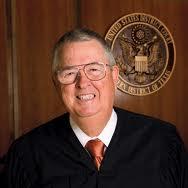 U.S. District Judge Sam Sparks does not enjoy lawyers he perceives as having kindergarten skill-sets. In 2011, U.S. District Judge Sam Sparks, Western District of Texas, got in trouble with his bosses at the Fifth Circuit Court of Appeals for ordering the lawyers in a case to attend a kindergarten party. It wasn’t the first time Judge Sparks used kindergarten references to berate lawyers.
In a 2004 case called Klein-Becker, LLC v. Stanley, Judge Sparks expressed his “disgust” with squabbling among the lawyers in a barrage that began with his expressing doubt as to whether the lawyers had ever attended kindergarten and ended by telling him them to “get a life” (some paragraph breaks inserted):
When the undersigned accepted the appointment from the President of the United States of the position now held, he was read to face the daily practice of law in federal courts with presumably competent lawyers. No one warned the undersigned that in many instances his responsibility would be the same as a person who supervised kindergarten.
Frankly, the undersigned would guess the lawyers in this case did not attend kindergarten as they never learned how to get along well with others. Notwithstanding the history of filings and antagonistic motions full of personal insults and requiring multiple discovery hearings, earning the disgust of the this Court, the lawyers continue ad infinitum.
[Court recounts current dispute in which, despite the court’s order allowing a pleading to be filed on July 23, 2004, defendants’ counsel filed a motion for reconsideration, claiming the pleading should have been filed July 19.]
The Court simply wants to scream to these lawyers, “Get a life” or “Do you have any other cases?” or “When is the last time you registered for anger management classes?”
Neither the world’s problems nor this case will be determined by a … [pleading] which is four days later, even with the approval of the presiding judge.
If the lawyers in this case do not change, immediately, their manner of practice and start conducting themselves as competent to practice in the federal court, the Court will contemplate and may enter an order requiring the parties to obtain new counsel.
Judge Sparks wrapped up by saying that if it wasn’t already clear from the tone of the order, the motion for reconsideration was denied. Hmm, I think he was pretty clear.
— Klein-Becker, LLC v. Stanley, Case No. A-03-CA-871-SS, 2004 U.S. Dist. LEXIS 19107, at *4–6 (W.D. Tex. July 21, 2004). Thanks to Michael Barclay.
November 18th, 2011 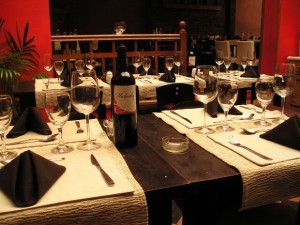 In an Arizona case, the plaintiff’s lawyer asked the defendant’s lawyer to go to lunch to discuss some pending issues. Defense counsel refused, so the plaintiff did what anyone would do when they get rejected for a lunch date: file a “Motion to Compel Acceptance of Lunch Invitation.” In an Arizona case, the plaintiff’s lawyer asked the defendant’s lawyer to go to lunch to discuss some pending issues. Defense counsel refused, so the plaintiff did what anyone would do when they get rejected for a lunch date: file a “Motion to Compel Acceptance of Lunch Invitation.”
Here’s what Judge Pendelton Gaines, Superior Court of Maricopa County, Arizona, had to say in granting the unusual motion:
Conversation has been called “the socializing instrument par excellence” (Jose Ortega y Gasset, Invertebrate Spain) and “one of the greatest pleasures in life” (Somerset Maugham, The Moon and Sixpence). John Dryden referred to “Sweet discourse, the banquet of the mind” (The Flower and the Leaf).
Plaintiff’s counsel extended a lunch invitation to Defendant’s counsel “to have a discussion regarding discovery and other matters.” Plaintiff’s counsel offered to “pay for lunch.” Defendant’s counsel failed to respond until the motion was filed.
Defendant’s counsel distrusts Plaintiff’s counsel’s motives and fears that Plaintiff’s counsel’s purpose is to persuade Defendant’s counsel of the lack of merit in the defense case. The Court has no doubt of Defendant’s counsel’s ability to withstand Plaintiff’s counsel’s blandishments and to respond sally for sally and barb for barb. Defendant’s counsel now makes what may be an illusory acceptance of Plaintiff’s counsel’s invitation by saying, “We would love to have lunch at Ruth’s Chris with/on . . .” Plaintiff’s counsel.[fn1]
[fn1] Everyone knows that Ruth’s Chris, while open for dinner, is not open for lunch. This is a matter of which the Court may take judicial notice.
Plaintiff’s counsel replies somewhat petulantly, criticizing Defendant’s counsel’s acceptance of the lunch invitation on the grounds that Defendant’s counsel is “now attempting to choose the location” and saying that he “will oblige,” but Defendant’s counsel “will pay for its own meal.”
There are a number of fine restaurants within easy driving distance of both counsel’s offices, e.g., [court lists fine restaurants in the Phoenix area]. Counsel may select their own venue or, if unable to agree, shall select from this list in order.
Each side may be represented by no more than two (2) lawyers of its own choosing, but the principal counsel on the pending motions must personally appear.
The cost of the lunch will be paid as follows: Total cost will be calculated by the amount of the bill including appetizers, salads, entrees and one non-alcoholic beverage per participant.[fn3]
[fn3] Alcoholic beverages may be consumed, but at the personal expense of the consumer.
[McClurg note: Alcohol and feuding lawyers? Bad idea, judge.]
A twenty percent (20%) tip will be added to the bill (which will include tax). Each side will pay its pro rata share according to number of participants. The Court may reapportion the cost on application for good cause or may treat it as a taxable cost under ARS § 12-331(5).
During lunch, counsel will confer regarding [various matters in the case]. [fn4]
[fn4] The Court suggests that serious discussion occur after counsel have eaten. The temperaments of the Court’s children always improved after a meal.
Then the judge gave the parties something to chew on by proceeding in the same order to strike the plaintiff’s proposed amended complaint.
— Rulings on Pending Motions, Physicians Choice of Arizona, Inc. v. Miller, Case No. CV2003-020242 (Ariz. Super. Ct. July 21, 2006). Thanks to Robert Greer.
|
Funny Law School Stories
For all its terror and tedium, law school can be a hilarious place. Everyone has a funny law school story. What’s your story?
|
Product Warning Labels
A variety of warning labels, some good, some silly and some just really odd. If you come encounter a funny or interesting product warning label, please send it along.
|
Tortland

Tortland collects interesting tort cases, warning labels, and photos of potential torts. Raise risk awareness. Play "Spot the Tort." |
Weird Patents
Think it’s really hard to get a patent? Think again.
|
Legal Oddities
From the simply curious to the downright bizarre, a collection of amusing law-related artifacts.
|
Spot the Tort
Have fun and make the world a safer place. Send in pictures of dangerous conditions you stumble upon (figuratively only, we hope) out there in Tortland.
|
Legal Education
Collecting any and all amusing tidbits related to legal education.
|
Harmless Error
McClurg's twisted legal humor column ran for more than four years
in the American Bar Association Journal.
|
|
|






